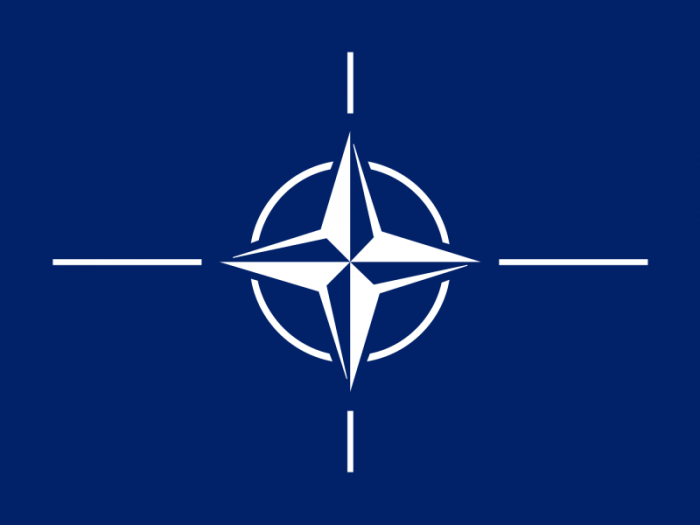On Jan. 18, former Canadian high commissioner to the UK James Wright spoke at the University Club of Montreal at the “Brexit’s Fallout on International Security” event jointly organised by the North Atlantic Treaty Organization (NATO) Association of Canada and the Montreal Press Club. The discussion centred on the consequences of Brexit on NATO, the European Union (EU), and Russia.
Since the Brexit referendum in June 2016, in which a majority of British voters chose to leave the EU, the conversation has turned to the terms under which the UK will depart the union. UK Prime Minister Theresa May's announcement of a ‘hard Brexit'—the complete withdrawal of the UK from the EU single market—on Jan. 17 was one of the relevant topics discussed at the event.
The discussion began with Wright providing his insight into last year’s Brexit vote. He explained why the referendum was held and his personal views regarding the campaign.
"It was not pretty to watch, it was not a sophisticated debate," Wright said. "Within the Brexit campaign, especially in the last few weeks, the disinformation and the misunderstandings of the implications of Brexit were profound."
Wright followed up with concerns about the economic ramifications of Brexit, saying that the latest announcements by Prime Minister May were worrying.
"Forty-four per cent of British exports go to the [EU], fifty-four per cent of British imports come from the [EU], so this is completely changing the economic and trade model on the part of Britain," Wright said.
Despite the fears expressed during the campaign and the hard line professed by May last week, Wright was hopeful that an understanding could still be reached between the UK and the EU.
"I am keeping my fingers crossed that reason will prevail and that a fair trade and customs deal will emerge between the UK and Brussels,” Wright said. “It will be in everyone’s interest that it works [….This is] especially true from a security perspective."
Wright’s views were echoed by McGill Political Science Professor Leonardo Baccini. In an email, Baccini told the //Tribune// that he sees the economic priorities of the UK moving further away from the EU.
"Theresa May threatened to make the UK a tax-haven country. That’s another way of saying, ‘If you guys are too tough with me, I'm going to get the help of investments from non-EU countries,’" Baccini said in an email. "We will see the UK getting closer to the U.S. [and] economically closer to Far East Asia for economic interests than compared to the [EU].”
McGill History Professor Brian Lewis sees the negative repercussions of Brexit extending well beyond the economy. Lewis said that he expects to see a detrimental effect on UK universities and research institutions as a consequence of Prime MInister’s May’s latest announcement.
"I think the UK universities are panicking right now. Not only have they lost students and student revenue, but it's also the loss of collaborative research grants funded by the [EU]," Lewis said.
At the talk, Wright shared his views regarding the potential future for NATO in light of the Brexit vote.
"Brexit does not change NATO, but it may change, and I hope it doesn't, some of the attitudes of European leaders to each other and I hope that doesn't colour or sour the environment within NATO," Wright said.
Wright ended his talk by addressing the pressing issue of Russia and its relation to Europe and the U.S. He said that NATO must continue to be vigilant.
"If [Russian President Vladimir Putin] is unhappy with the way in which some of the Russian minorities are treated in the countries of the former Soviet Union, then I would say that Mr. Putin is an old-style Russian leader and we cannot be naïve," Wright said. "NATO needs to be firm in its resolve and its support for its members, especially of the Baltic countries and it also needs to keep a close eye on what is happening on the ground in Ukraine."









